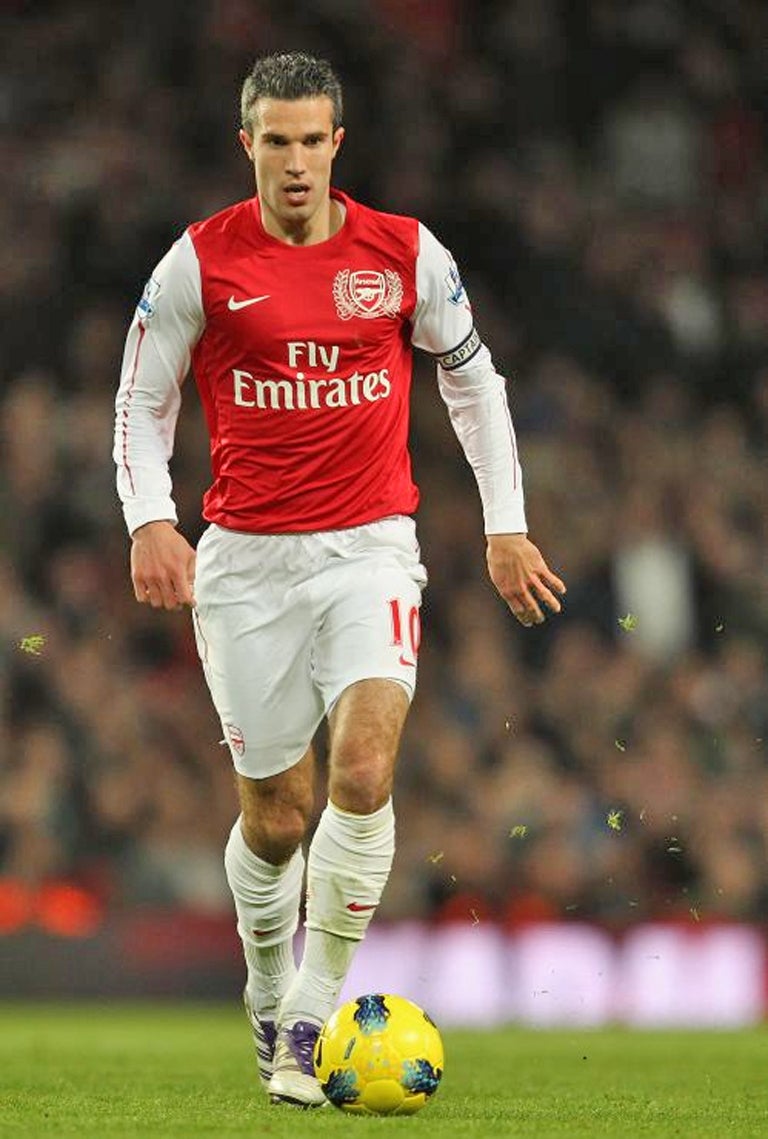Sam Wallace: Is the power of the Premier League in Europe waning?
Even if there were four English teams left, it is doubtful if any would be able to beat Barca

Support truly
independent journalism
Our mission is to deliver unbiased, fact-based reporting that holds power to account and exposes the truth.
Whether $5 or $50, every contribution counts.
Support us to deliver journalism without an agenda.

Louise Thomas
Editor
You have to go back 12 years to the 1999-2000 season, and through a few changes in formats to the Champions League, for the last time English football only had two contenders in the second round proper of the competition. The two survivors were Manchester United and Chelsea who made it through to the second group stage, as it was then, and were both eventually knocked out in the quarter-finals.
Some will tell you that the years since then have been the golden years for English football in Europe, when there have been three or four clubs from the Premier League in the first knockout round of the competition as a matter of course. That culminated in 2009 when three English clubs – Arsenal, Chelsea and Manchester United – reached the semi-finals, although it was Barcelona who eventually won the competition.
Today, in Nyon at the draw for the first knockout round of the Champions League – the final 16 – there will be only two Premier League clubs, Arsenal and Chelsea. That puts England on a par with Germany, Spain and Russia and one behind Italy who, with Milan, Internazionale and Napoli still in it, has more clubs in the final 16 than any other nation. The big question is: does this depleted representation have a wider significance for the standing of the Premier League?
At Premier League headquarters they would be delighted with an all-English line-up in the semi-finals of the competition one day, if only because of the annoyance it would provoke in Michel Platini, the Uefa president. As for English football fans themselves, that kind of dominance by one league strikes them as, at best, irrelevant. They want the best for their club and, beyond self-interest, most only want the very worst for their domestic rivals.
Nevertheless, as it stands, English football seems further away than it was two years ago from an all-English final four. The two representatives left in the competition this season also look less capable of winning it than they were five years ago. Arsenal reached the final in 2006, but since then their record has been elimination in the first knockout round, quarter-final, semi-final, quarter-final, and the first knockout round.
Last year Arsenal went out to Barcelona in the first knockout round of the competition, with Robin Van Persie sent off in the first leg. The departures of Cesc Fabregas and Samir Nasri make them a weaker side than that of 12 months ago even allowing for the emergence of some of their younger players this season.
As for Chelsea, who have only just steadied their form in the Premier League, their equivalent record is elimination/defeat in the semi-final, final, semi-final, first knockout round and the quarter-finals. Neither of these sides have shown signs in the past two years that they are slowly building towards winning the competition. If anything they are going in the opposite direction.
But is English football's impact in the Champions League in decline? The first obvious truth is that everyone is in Barcelona's shadow and even if there were still four English teams left in the competition it would still be doubtful whether any of them were capable of beating the defending champions. Secondly, Manchester City have only had one season in the Champions League and they are sure to come back stronger next year.
While City did not make anything like the impact of Tottenham Hotspur, who reached the quarter-finals in their first Champions League season earlier this year, City were the victims of a tough group and only earned one fewer point (10) than Spurs did the previous season. It is hard to imagine City doing worse next season. The same goes for Manchester United, despite their group stage elimination this month. If anything those two sides are best placed of the four to re-equip themselves next time round.
Curiously only two of the teams who are seeded in today's draw – the group winners – are current champions of their respective domestic championships. They are Barcelona and the unlikely group G winners Apoel from Cyprus who have never reached this stage before. Ironically it is Apoel whom every team seeded in the second pot will hope to draw today.
There are three national champions in the second pot – Milan, Basle and Zenit St Petersburg – but the old fib about this being the "Champions League" is borne out again this year.
The champions of England, France, Germany, Portugal and Holland are already out. There are three teams in the final 16 who finished third in their domestic leagues last season and it is one of them, Napoli, who along with Milan, will be the teams to avoid for Arsenal and Chelsea.
Italy also had three representatives in the competition's knockout stage last season and none made it beyond the quarter-finals. Two teams in the knockout stages this season is not terminal for English football, although none of them would want it to become a regular occurrence.
Subscribe to Independent Premium to bookmark this article
Want to bookmark your favourite articles and stories to read or reference later? Start your Independent Premium subscription today.
Join our commenting forum
Join thought-provoking conversations, follow other Independent readers and see their replies
Comments